It’s easy to convince yourself that your childhood was terrible when, in reality, it wasn’t all that bad.

With all the recent (and generally positive!) focus on mental health, many people are becoming more reflective about their experiences and how they’ve shaped the person they’ve become. However, you might be telling yourself a false narrative when it comes to the way you were raised. Here are some signs you actually had it pretty good growing up.
1. You have fond memories of family traditions.
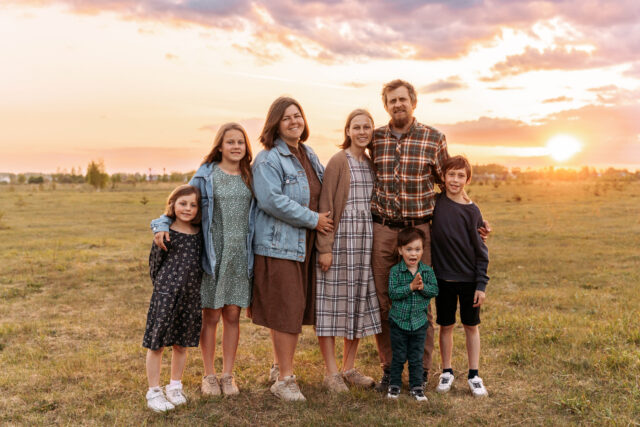
Think about holidays, birthdays, or even regular weekend activities. If you can recall specific traditions that brought you joy, that’s a good sign. Maybe it was annual camping trips, Sunday dinners with grandparents, or movie nights with siblings. These consistent, positive experiences often form the backbone of a stable childhood, providing a sense of security and belonging that might be easy to overlook when focusing on negative memories.
2. You felt safe expressing your emotions.
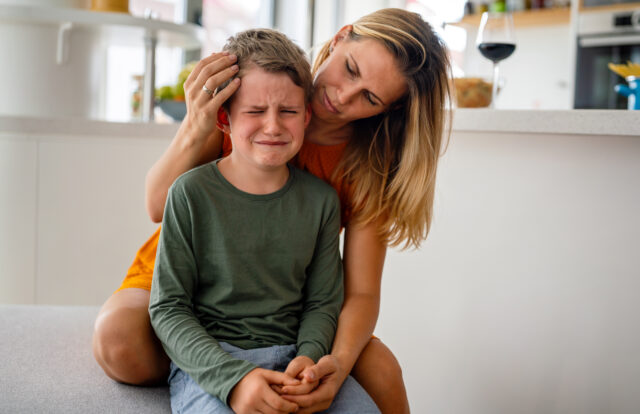
If you were able to cry, laugh, or show anger without fear of severe punishment, that’s actually a big deal. Many people grow up in environments where certain emotions are taboo or met with hostility. Being able to express yourself freely, even if it wasn’t always met with perfect responses, points to a level of emotional safety that’s crucial for healthy development. It means your feelings were acknowledged, even if they weren’t always handled perfectly.
3. You had a hobby or interest that was encouraged.

Think back to your childhood interests. Were you into sports, art, reading, or building things? If you had adults in your life who supported these interests, whether by buying you supplies, taking you to lessons, or simply showing genuine interest in your activities, that’s a sign of a nurturing environment. This kind of support helps build confidence and allows kids to develop their own identities.
4. You have positive memories with at least one adult.
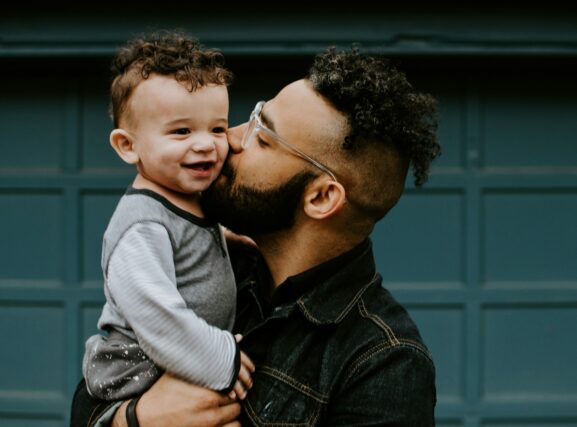 Source: Unsplash
Source: Unsplash It doesn’t have to be a parent – maybe it was a grandparent, a teacher, or a neighbour. If you can recall an adult who made you feel valued, listened to, or supported, that’s significant. Having at least one stable, caring adult figure can make a huge difference in a child’s life, providing a sense of security and worth that can counterbalance other difficulties.
5. You were given age-appropriate responsibilities.
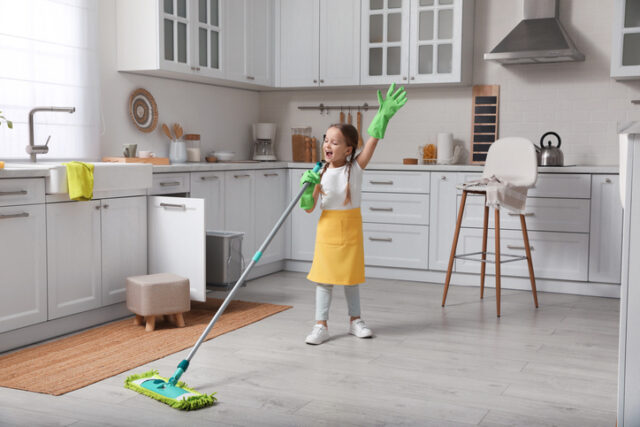
If you had chores or tasks that were suitable for your age, that’s actually a good thing. It might have felt annoying at the time, but having responsibilities teaches important life skills and gives a sense of capability. The key is that these tasks were appropriate – not overwhelming adult responsibilities thrust upon a child. If you learned how to do laundry, cook simple meals, or manage your time for homework, these were valuable life lessons.
6. You had freedom to play and explore.
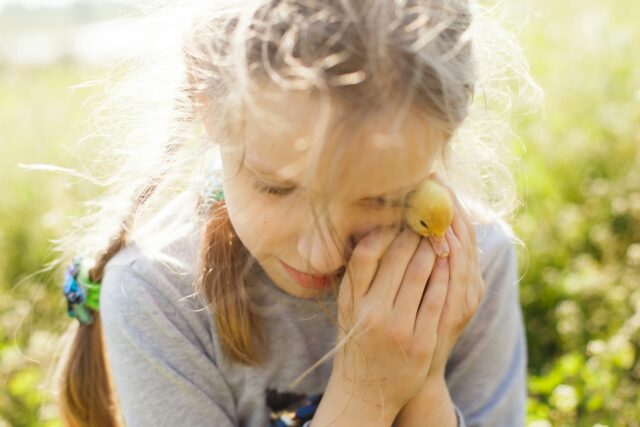 Source: Unsplash
Source: Unsplash Remember times when you were allowed to just be a kid? Playing outside until the street lights came on, building forts, or having imaginary adventures? This kind of unstructured play time is important for development. It allows for creativity, problem-solving, and social skills to develop naturally. If you had this freedom, even if it wasn’t constant, it’s a sign that your childhood had some healthy aspects.
7. Your basic needs were consistently met.

It’s easy to take for granted, but having regular meals, clean clothes, and a safe place to sleep are not universal experiences. If you can’t recall long periods of hunger, neglect of medical needs, or fear for your physical safety at home, that’s significant. While meeting basic needs is a low bar for parenting, it’s an important foundation that many unfortunately don’t have.
8. You received praise for your efforts.
 Source: Unsplash
Source: Unsplash Think about times you accomplished something, big or small. Were there moments when your efforts were recognised? Maybe you got good grades, improved at a sport, or helped out around the house. If you received genuine praise for these efforts, not just results, that’s a sign of positive reinforcement. This kind of encouragement helps build self-esteem and a healthy work ethic.
9. You had boundaries and consequences.
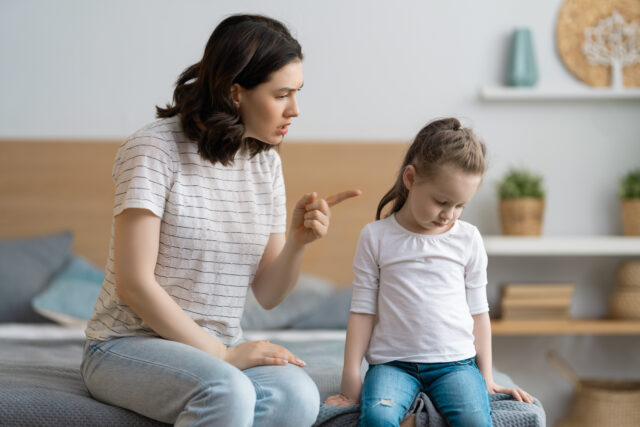
While strict rules might have felt unfair at the time, having consistent boundaries is actually a sign of care. If there were clear expectations for your behaviour and consistent (non-abusive) consequences when you crossed lines, that’s healthy parenting. It shows that the adults in your life were engaged and cared about guiding you, even if their methods weren’t always perfect.
10. You learned to apologise and make amends.
 Source: Unsplash
Source: Unsplash If you were taught to take responsibility for your actions and how to make things right when you messed up, that’s valuable. Learning to apologise sincerely and fix your mistakes is a crucial life skill. It indicates an environment where accountability was valued, but also where forgiveness and learning from mistakes were possible.
11. You had some choice in decisions that affected you.
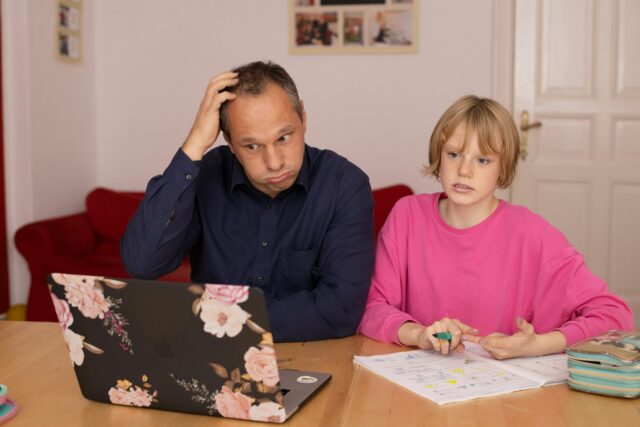 Source: Unsplash
Source: Unsplash Complete freedom isn’t healthy for kids, but having some say in age-appropriate decisions is important. Maybe you got to choose your own clothes sometimes, decide on family activities, or have input on your extracurricular activities. This level of autonomy helps develop decision-making skills and a sense of self. If you had some choices, even within limits, that’s a positive sign.
12. You can remember moments of genuine laughter and joy.
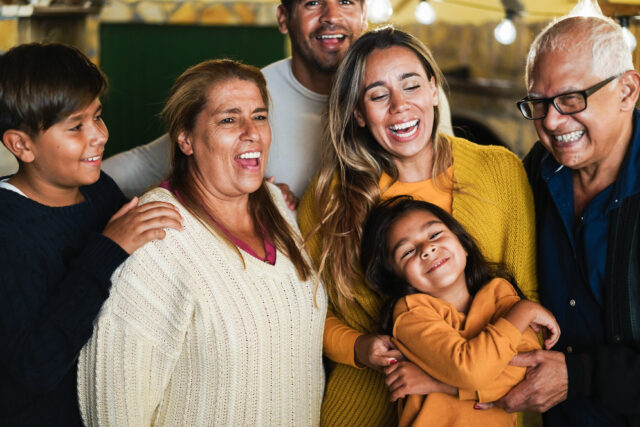
Lastly, think about times when you laughed so hard your stomach hurt, or when you felt pure joy. Maybe it was during a family game night, playing with friends, or a special outing. These moments of happiness, even if they weren’t constant, are important. They show that your childhood wasn’t all negative, and that you were able to experience and express joy freely at times.




